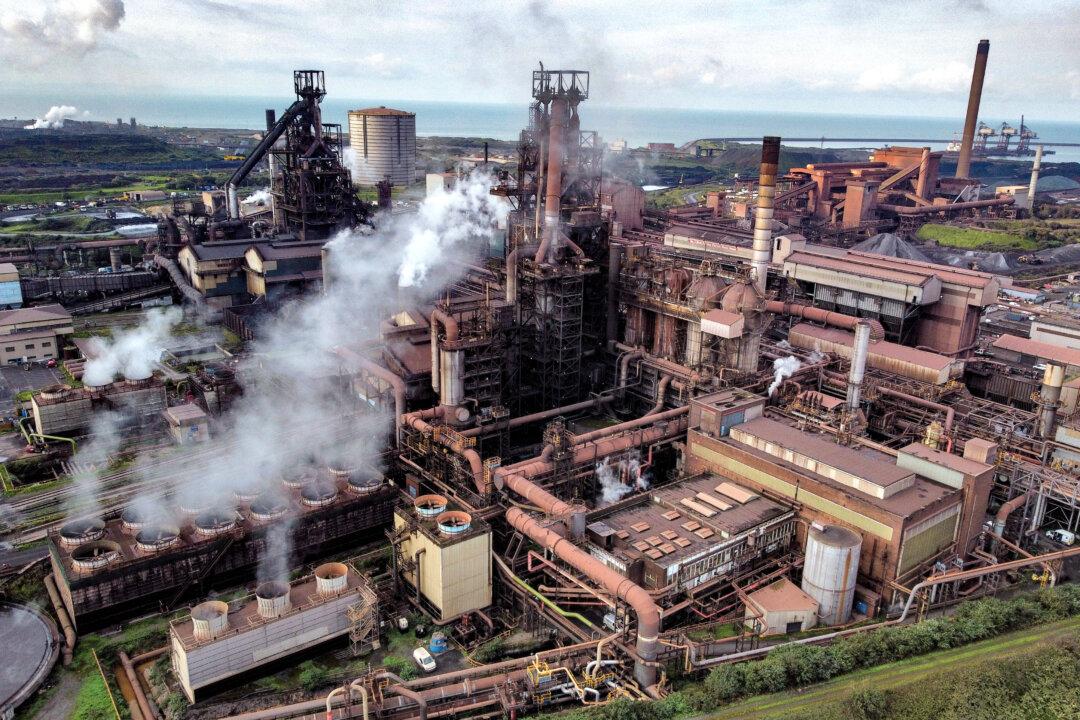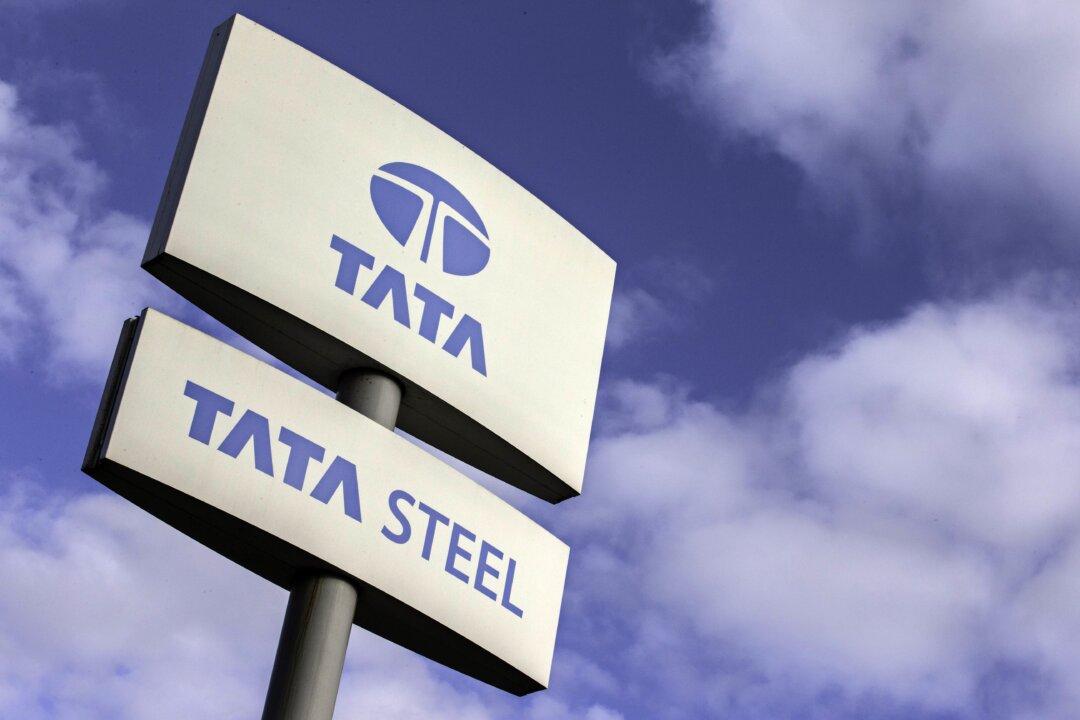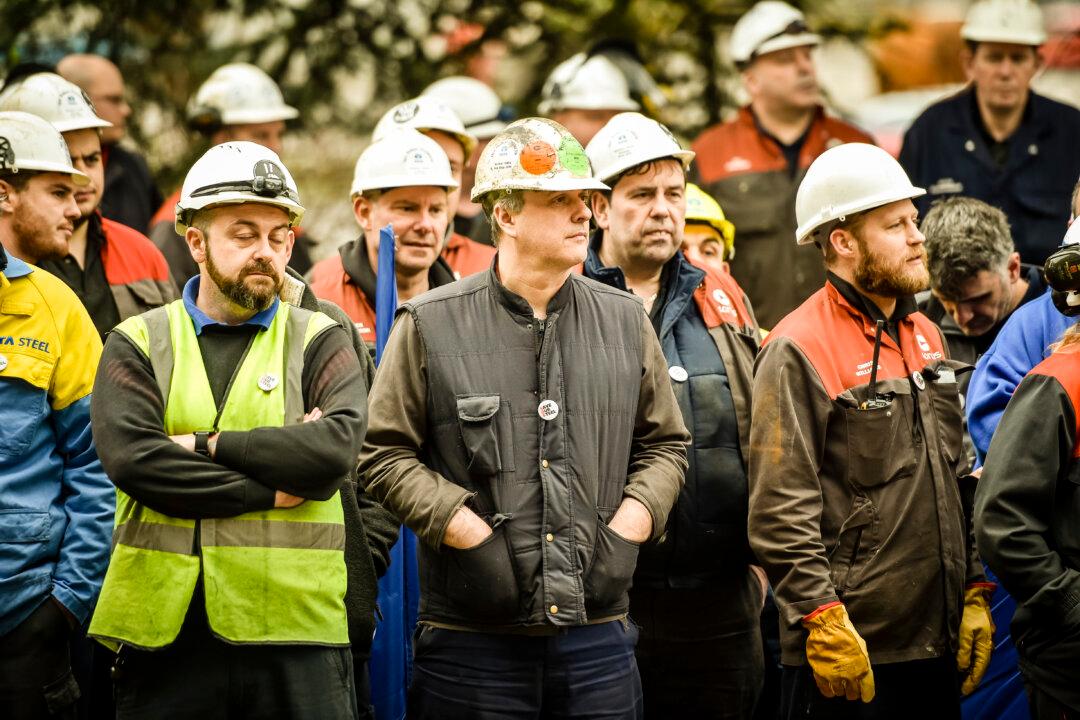Focus
Tata Steel
LATEST
UK Unable to Make Steel From Scratch for First Time Since 1850s After Tata Closes Port Talbot
Tata Steel, which is owned by the Indian conglomerate Tata, has closed the blast furnaces in Port Talbot putting more than 3,000 people out of work.
|
Globalization’s Toll—Tata Steel’s Expansion Dream
Executives in the mining and steel industries miscalculated by expecting rapid growth to continue in China. China’s leaders instead shifted the direction of their economy to rely less on manufacturing and more on services. Slowed growth led to a downturn in demand for commodities like iron ore and coal along with overcapacity in the steel industry. That increased China’s exports, explains author Dilip Hiro. “Whereas EU countries such as France, Germany, and Sweden took steps to protect their respective steel sector from the unfair Chinese competition without imposing tariffs, the government in Britain was laid back.” Tata Steel, Europe’s second largest steel producer, paid a premium to expand by acquiring Corus Group in 2007. Less than a decade later, Tata has announced plans to end operations in Britain. While complex, multi-nation financial arrangements enabled Tata to expand, Hiro concludes “the wizardry of financial globalization cannot be duplicated in the real world of making or extracting such material goods as coal and steel.”
|
Britain’s Steel Industry: Decline Isn’t Just Down to Tata
Tata Steel is planning to sell its U.K. business after the company’s board unanimously concluded that saving its plants in the country was simply not affordable.
|
UK Unable to Make Steel From Scratch for First Time Since 1850s After Tata Closes Port Talbot
Tata Steel, which is owned by the Indian conglomerate Tata, has closed the blast furnaces in Port Talbot putting more than 3,000 people out of work.
|
Globalization’s Toll—Tata Steel’s Expansion Dream
Executives in the mining and steel industries miscalculated by expecting rapid growth to continue in China. China’s leaders instead shifted the direction of their economy to rely less on manufacturing and more on services. Slowed growth led to a downturn in demand for commodities like iron ore and coal along with overcapacity in the steel industry. That increased China’s exports, explains author Dilip Hiro. “Whereas EU countries such as France, Germany, and Sweden took steps to protect their respective steel sector from the unfair Chinese competition without imposing tariffs, the government in Britain was laid back.” Tata Steel, Europe’s second largest steel producer, paid a premium to expand by acquiring Corus Group in 2007. Less than a decade later, Tata has announced plans to end operations in Britain. While complex, multi-nation financial arrangements enabled Tata to expand, Hiro concludes “the wizardry of financial globalization cannot be duplicated in the real world of making or extracting such material goods as coal and steel.”
|
Britain’s Steel Industry: Decline Isn’t Just Down to Tata
Tata Steel is planning to sell its U.K. business after the company’s board unanimously concluded that saving its plants in the country was simply not affordable.
|






